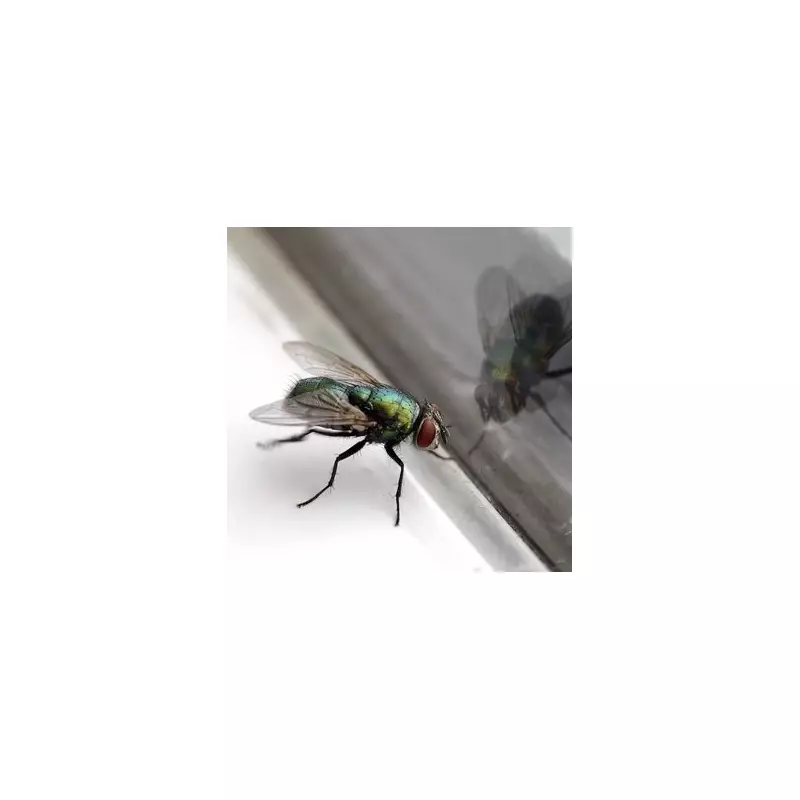
As the British summer warmth arrives, so does the inevitable buzzing of house flies, turning peaceful afternoons into a frustrating battle. But before you reach for chemical-laden sprays or tacky fly papers, gardening experts have revealed a far more elegant and natural solution: the common basil plant.
This beloved culinary herb, a staple in kitchens for its aromatic leaves, doubles as a powerful fly deterrent. Its strong, pungent scent, which we find delightful in a pasta sauce, is highly offensive to flies and other common pests like mosquitoes and whiteflies.
Why Basil is a Fly's Worst Nightmare
The secret lies in the plant's potent natural oils. These oils emit a fragrance that overwhelms the sensitive senses of insects, effectively creating an invisible barrier that keeps them at bay. It’s a form of natural pest control that is both effective and pleasant for humans.
Whether you choose a large pot for your patio or a small windowsill planter in your kitchen, positioning is key. For the best results, place your basil plant in areas where flies are most problematic.
Strategic Placement for Maximum Effect
- Kitchen Windowsills: The prime location. It deters flies attracted to food scraps and fruit bowls while being handy for cooking.
- Near Doorways and Patio Doors: Create a fragrant shield that flies are reluctant to cross, preventing them from entering your home.
- On Outdoor Dining Tables: Centre a pot of basil on your table to enjoy al fresco meals without uninvited winged guests.
How to Cultivate Your Natural Fly Repellent
Fortunately, basil is notoriously easy to grow, making it a perfect project for both seasoned gardeners and novices with a less-than-green thumb.
Sunlight: Basil thrives in warm, sunny spots. Ensure it gets at least six hours of sunlight daily.
Watering: Keep the soil moist but not waterlogged. Water the base of the plant rather than the leaves to prevent rot.
Harvesting: Regularly pinching off the top leaves will encourage the plant to grow bushier and more productive, strengthening its scent and your supply for cooking.
This method offers a win-win scenario: a continuous supply of fresh herbs for your favourite dishes and a fragrant, chemical-free home that is naturally protected from pesky flies all summer long.





